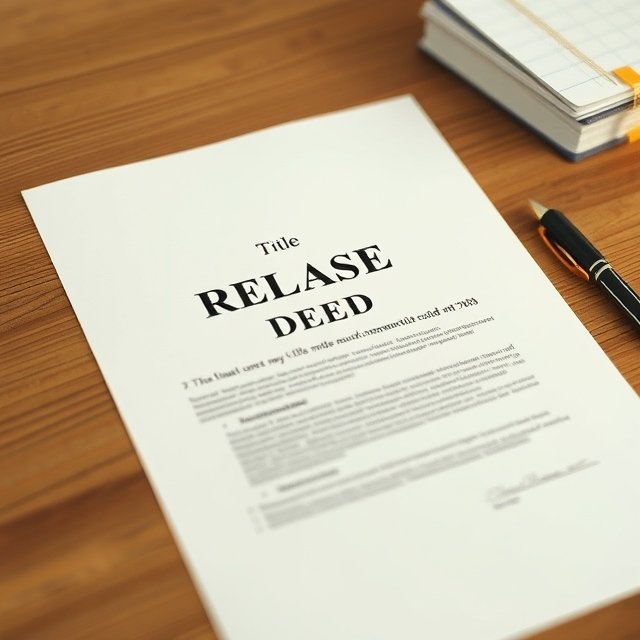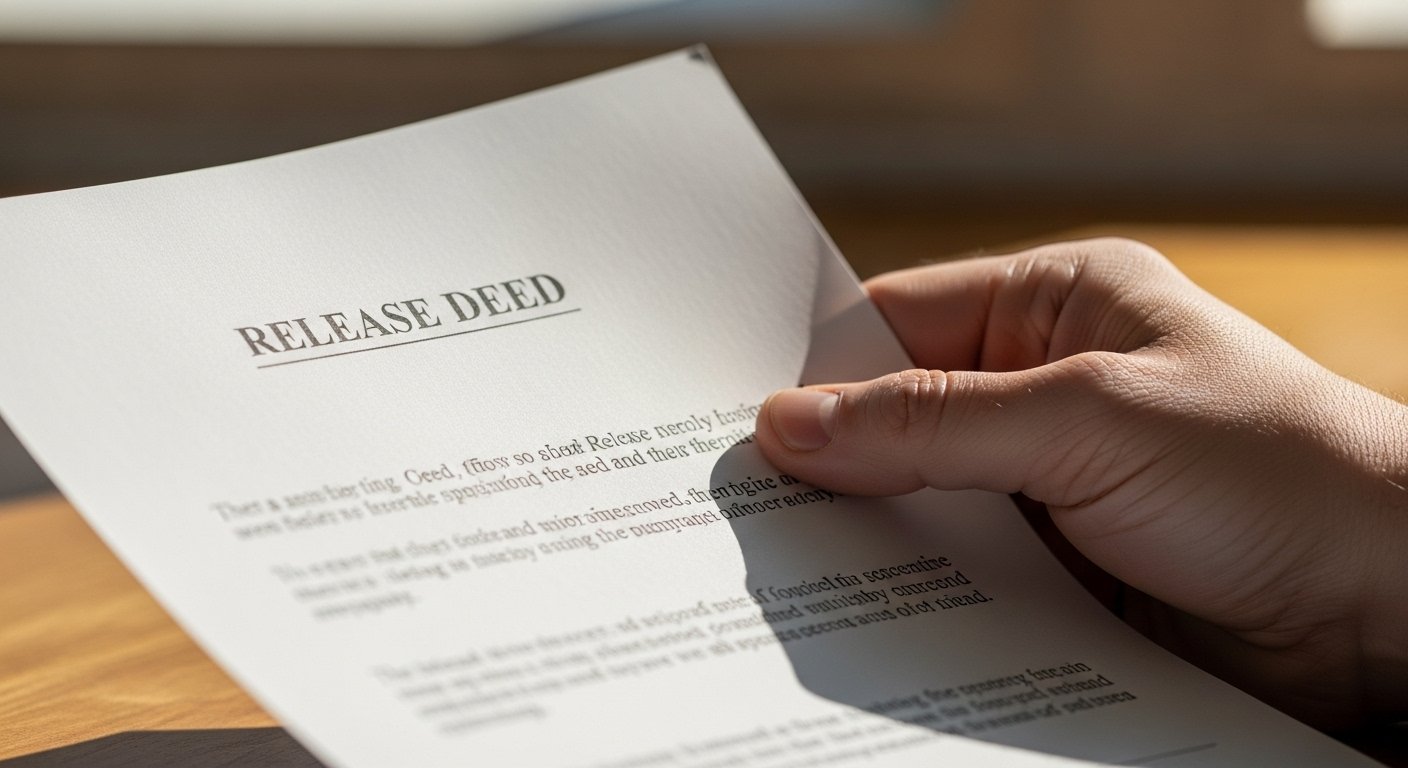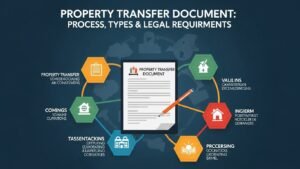A Release Deed is a legal document that relinquishes a party’s rights or claims to a property or asset. It is commonly used in property law to release one’s right, claim, or interest in a particular property. Typically executed when an individual decides to forgo their entitlement or claim over a property, it often favors another person. In the context of inheritance, legal heirs can use a Release Deed to give up their right to inherit a share of the property, allowing the remaining heirs to benefit from the entire estate.
Legal Framework for Release Deed in Maharashtra
In India, a Release Deed is governed by the Hindu Succession Act, which provides guidelines for the distribution of property among heirs according to Hindu law. Under this Act, a person can execute a Release Deed to voluntarily renounce their share in the property, thus making a clear statement of relinquishment.

The legal framework and jurisdiction in Maharashtra are shaped by a blend of national laws and state-specific regulations. Maharashtra, as one of India’s key states, operates under the broader legal system of the country, while also implementing state-level policies to address its unique needs. Its judiciary is anchored by the Bombay High Court, which has jurisdiction over the entire state and also includes benches in Nagpur, Aurangabad, and Goa. This robust legal system ensures the enforcement of laws and resolution of disputes across a diverse array of civil, criminal, and administrative matters, reflecting Maharashtra’s dynamic and multifaceted legal landscape.

Common mistakes to avoid while registering Release Deed
1. Doing solely artery representation:
- Be sure that everyone who is a proportion of the deed is nominated by their full names, residential addresses and their input in the deed.
- Attach legal description of the property or its interest being released to prevent legal contestations later.
2. Hiring less or no witnesses:
- Authoritative witnesses indeed bring about genuineness and credibility on the deed.
- This is true particularly in case of at least two witnesses; signing in the right places of the document.
3. Failure to Register After Signing:
- Registration of the deed to the appropriate bodies is very important in ensuring that the deed is valid in law.
- Still, without recording it with the nation’s land office, the deed can still not be enforceable in the court, thus creating court procedural issues.
4. Lack of Certainty or Clear Language:
- Describe the terms of the release in a clear format and don’t go off the point when you make a descriptive note.
- Do not use indeterminate terms but rather, have a dialog in which all terms and conditions have to be clear to avoid misunderstandings.
5. Neglecting To Seek Professional Help:
- This in so far means that an attorney in current day is helpful in ensuring that the deed submitted follows every legal requirement.
- Through an attorney, gaps can be noted potentially to cause problems and all needed provisions can be included.
6. Avoiding Other Legal Heirs:
- Ensure all legal heirs are informed and agree to the terms of the release deed.
- Failure to include all legal heirs can result in disputes and potential legal challenges in the future.







